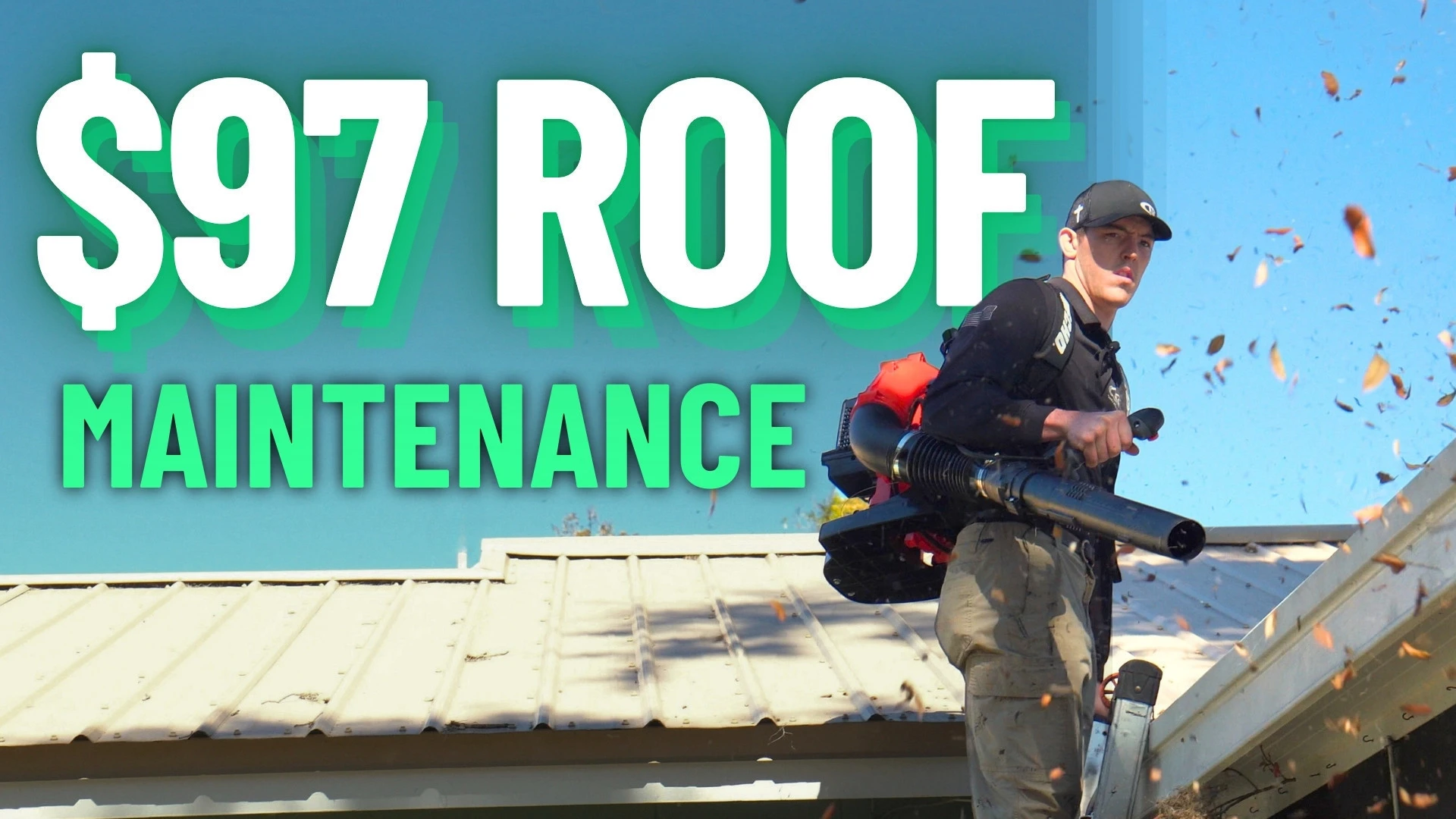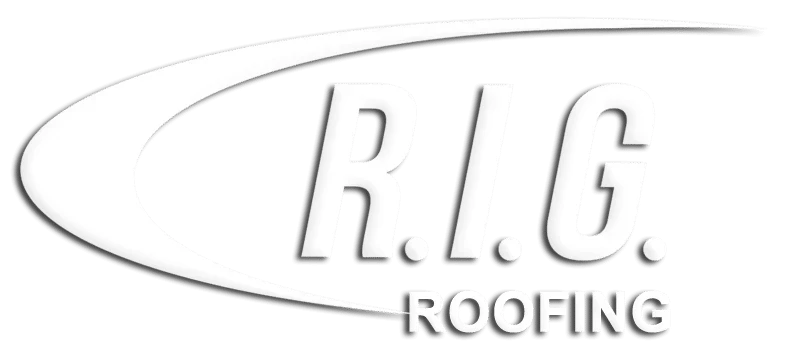Table of Contents

How Can Cold Weather Affect the Life of My Roof?
Topics Covered in This Blog
- Cold Weather Effects on Shingle Roofs
- Cold Weather Effects on Metal Roofs
- Cold Weather Effects on Tile Roofs
- Cold Weather Effects on TPO Roofing Systems
- How We Can Help
As a Central Florida homeowner, you may not associate cold weather with roof damage. While Florida doesn’t experience harsh winters, colder temperatures can still affect your roof’s performance and lifespan. Whether you have a shingle, metal, tile, or rolled roof, understanding how temperature fluctuations impact your roofing system is crucial for proper maintenance and longevity.
At R.I.G. Roofing, we specialize in helping homeowners protect their investments by providing expert roofing services tailored to Florida’s unique climate. In this blog, we’ll explore how cold weather can affect different roofing systems and provide tips to safeguard your roof.
Cold Weather Effects on Shingle Roofs
Shingle roofs are a popular choice for many Central Florida homes due to their affordability and versatility. However, even in our relatively mild winters, cold weather can impact shingle performance in several ways:
Brittleness and Cracking
When temperatures drop, asphalt shingles can become brittle, especially if they are older or nearing the end of their lifespan. This brittleness increases the risk of cracking or breaking under pressure, such as during high winds or when debris lands on the roof.
Thermal Shock
Florida’s temperature fluctuations between daytime and nighttime can cause shingles to expand and contract. Over time, this thermal movement can weaken the adhesive bonds and cause shingles to loosen or curl.
Granule Loss
Granules are the outer layer of shingles that protect against UV rays and moisture. Cold weather can accelerate granule loss, particularly if the roof endures repeated cycles of heating and cooling.
How to Protect Your Shingle Roof
- Our Roof Maintenance Program includes regularly scheduled roof inspections that will help identify potentially problematic areas, before they become a costly repair.
- Ensure proper attic ventilation to regulate roof temperature and reduce thermal stress.
- Consider applying a protective roof coating to extend the life of your shingles.
Cold Weather Effects on Metal Roofs
Metal roofing systems are highly durable and well-suited for Florida’s climate. However, even these robust materials can be affected by colder weather conditions.
Thermal Expansion and Contraction
Metal roofs are particularly susceptible to thermal expansion and contraction due to their conductive properties. While modern metal roofs include fastening systems designed to accommodate this movement, repeated cycles of expansion and contraction can still lead to:
- Loose or shifted panels
- Worn-out fasteners and seals
Condensation Issues
In cooler temperatures, condensation can form on the underside of metal panels, especially if the roof lacks adequate insulation. Over time, this moisture can lead to rust and corrosion, compromising the roof’s structural integrity.
Noise Amplification
While not a structural issue, the natural expansion and contraction of metal roofing during colder nights can create popping or creaking noises, which some homeowners find bothersome.
How to Protect Your Metal Roof
- Install high-quality insulation and vapor barriers to minimize condensation.
- Perform routine maintenance to tighten fasteners and replace worn seals. Our Roof Maintenance Program includes regularly scheduled roof inspections that will help identify potentially problematic areas.
- Ensure your roof’s flashing and underlayment are in excellent condition.
Cold Weather Effects on Tile Roofs
Tile roofs are renowned for their durability and aesthetic appeal, but they are not immune to the effects of cold weather. Here are some key considerations for tile roofing in Central Florida:
Cracking and Breakage
Clay and concrete tiles can become brittle in colder temperatures, increasing the risk of cracking if they are struck by debris or exposed to foot traffic during maintenance.
Moisture Retention
Tile roofs can absorb moisture, and cooler weather can slow evaporation. Prolonged dampness can lead to mold and mildew growth, as well as damage to the underlayment.
Underlayment Deterioration
The underlayment beneath tile roofs is essential for waterproofing. Colder weather can exacerbate wear and tear on the underlayment, particularly if the tiles shift or crack.
How to Protect Your Tile Roof
- Avoid walking on your roof whenever possible to prevent tile breakage.
- Our Roof Maintenance Program includes regularly scheduled roof inspections that will help identify potentially problematic areas and monitor your tile roof condition.
- Apply a waterproof sealant to reduce moisture absorption.
Cold Weather Effects on TPO / PVC / Rolled Roofing Systems
Thermoplastic Olefin (TPO) roofing systems are commonly used for commercial properties but are gaining popularity for residential applications due to their energy efficiency and durability. Despite their advantages, cold weather can impact TPO roofs in the following ways:
Membrane Shrinkage
Cold temperatures can cause TPO membranes to contract, leading to stress on seams and fasteners. Over time, this shrinkage may result in seam separation or membrane tears.
Adhesive Failures
TPO roofs rely on adhesives to secure the membrane. Fluctuating temperatures can weaken adhesive bonds, especially if the roof wasn’t installed correctly or has aged.
Cracking at Stress Points
Areas around roof penetrations, such as vents and HVAC units, are more prone to cracking due to the additional stress caused by temperature changes.
How to Protect Your TPO Roof
- Ensure professional installation and routine maintenance to check for seam integrity and membrane adhesion. Our Roof Maintenance Program includes regularly scheduled roof inspections that will help identify potentially problematic areas, before they become a costly repair.
- Use a reflective roof coating to reduce thermal stress.
- Repair small cracks or separations promptly to prevent further damage.
Contact Us Today!
Cold weather in Central Florida, while mild compared to other regions, can still take a toll on your roof’s performance and lifespan. From brittle shingles to expanding metal panels, each roofing system has unique vulnerabilities that require regular maintenance and proactive care.
If you’re concerned about how cold weather might affect your roof, the experts at R.I.G. Roofing are here to help. Our R.I.G. Roof Maintenance Program provides comprehensive inspections and maintenance services to keep your roof in top condition year-round.
Don’t wait until small issues become costly repairs. Call us today at 1 (863) 294-4477 or schedule a free estimate online or inquire about our maintenance program.
Protect your investment with R.I.G. Roofing — where reliability is guaranteed!
Visitors also read
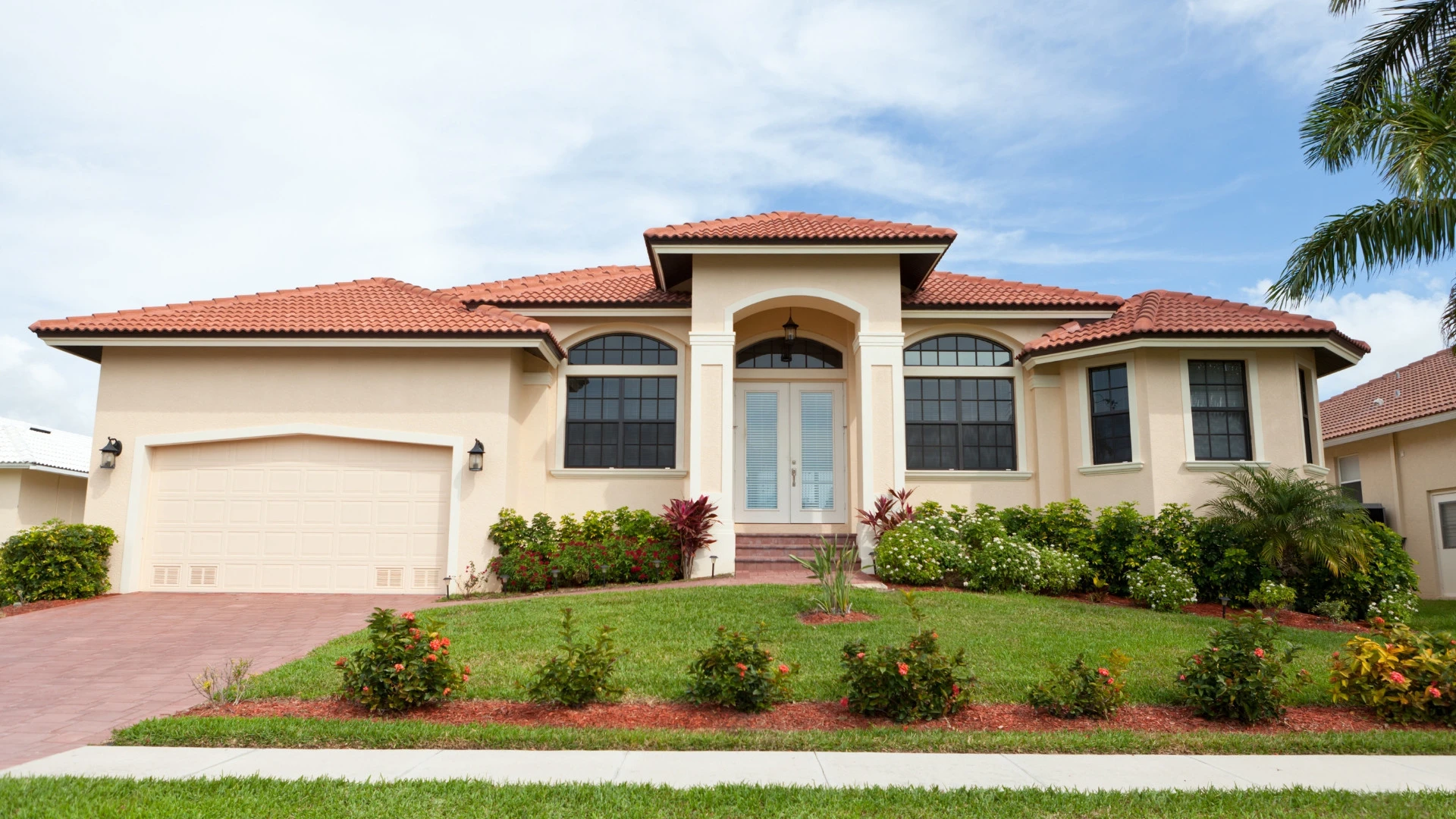
This comprehensive guide helps Florida homeowners compare roof replacement optio...
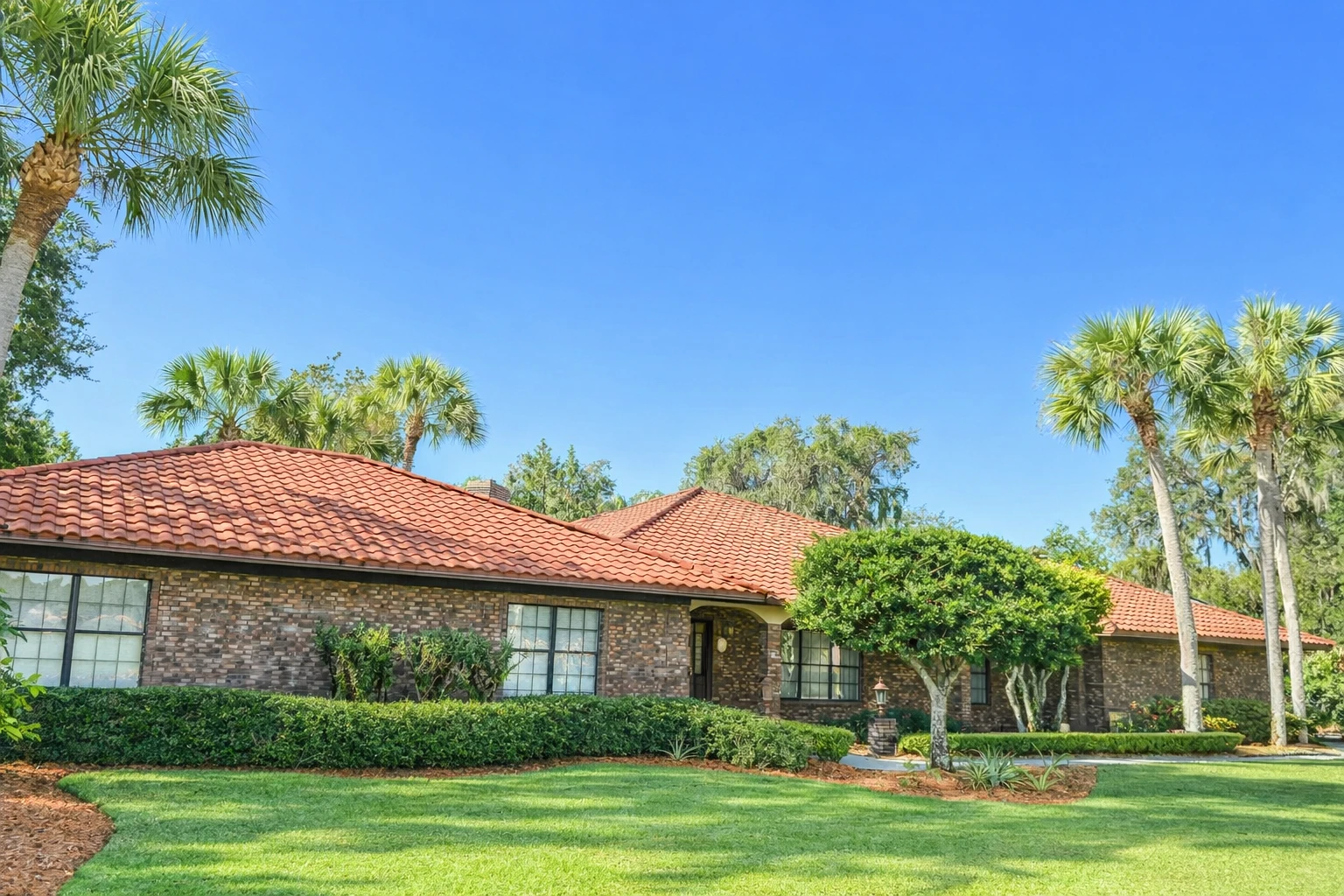
Boral Stone Coated Steel roofing offers unmatched durability, wind resistance, i...
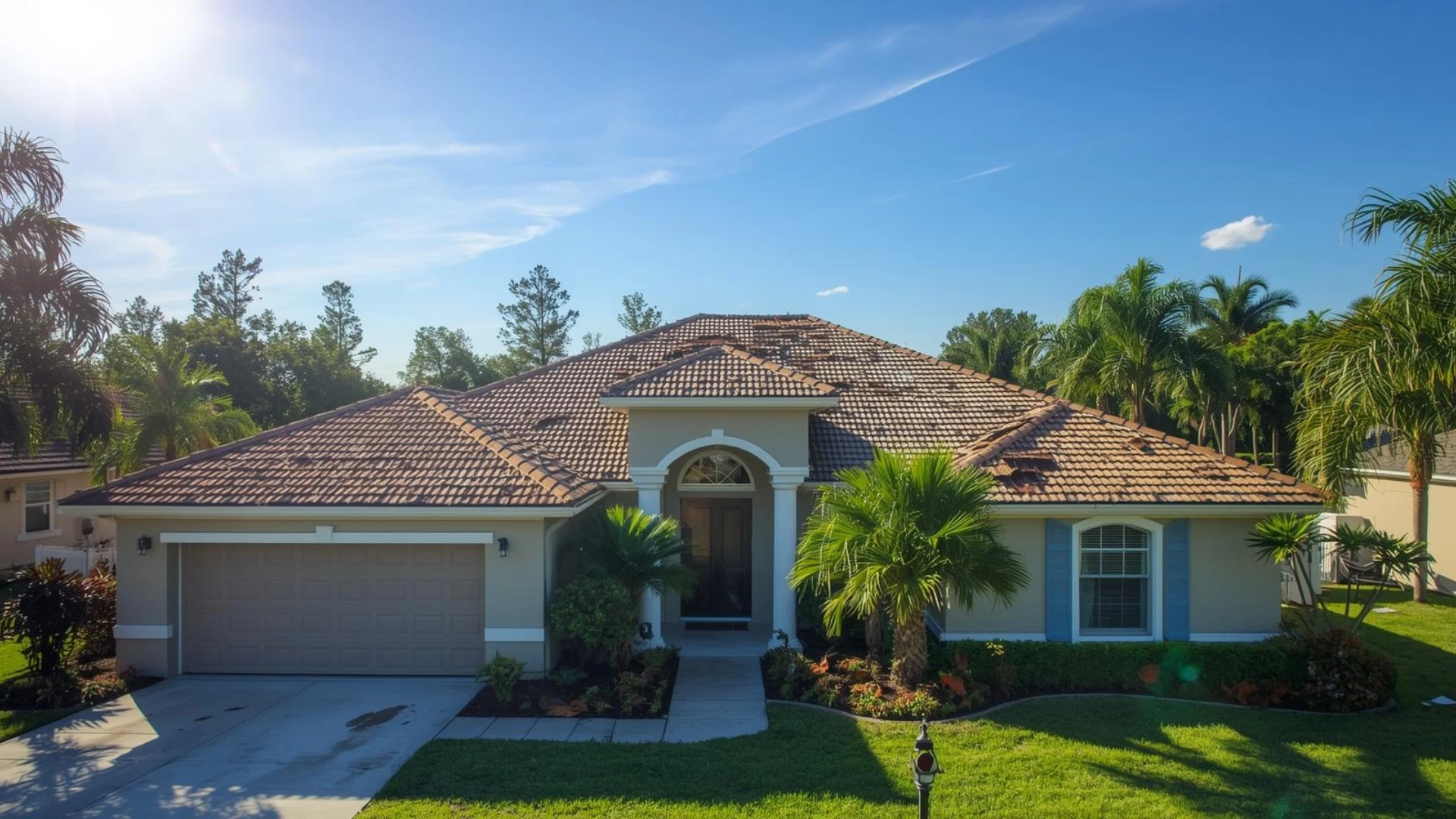
Replacing your roof after a hurricane requires proper documentation, inspection,...
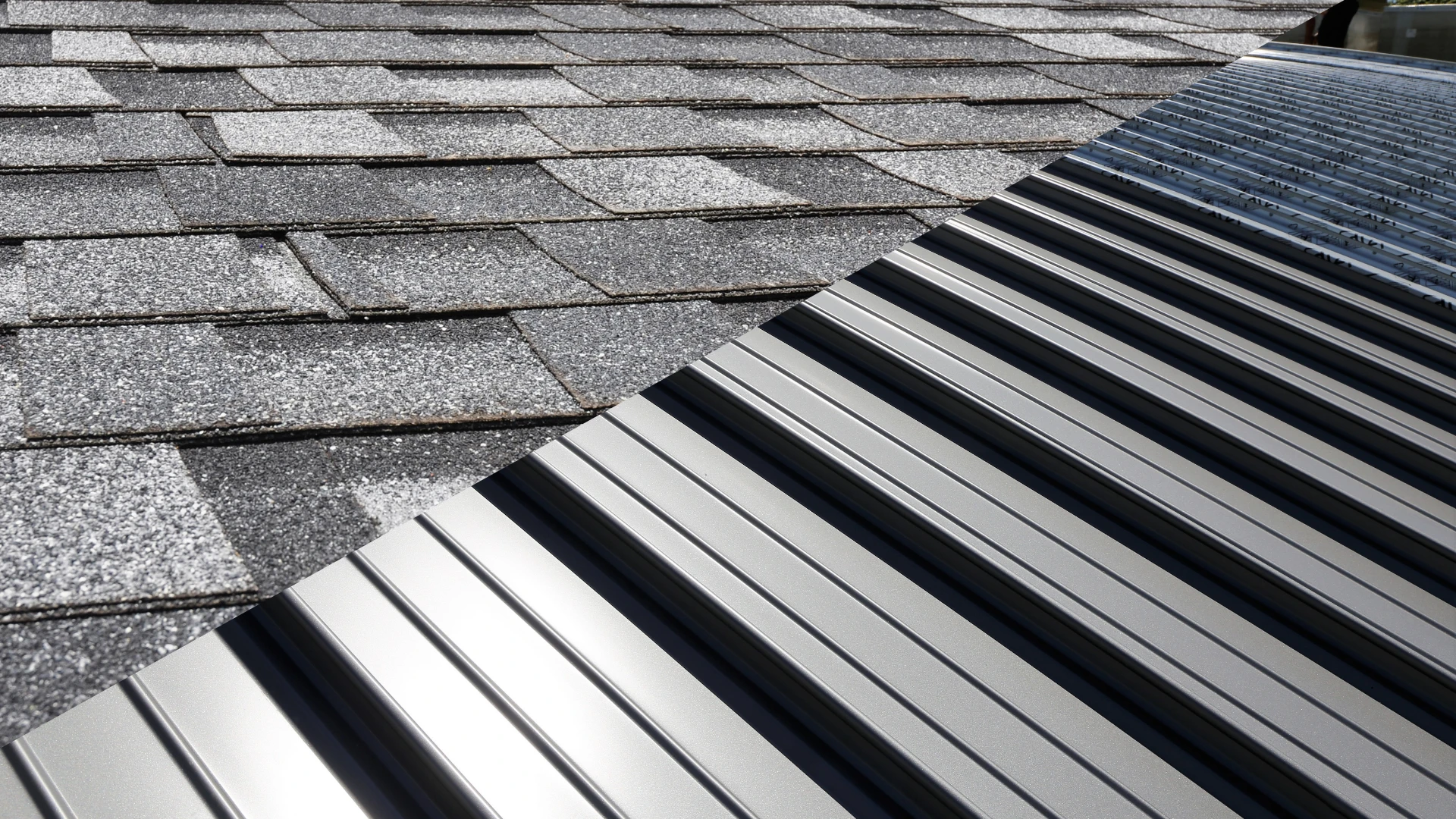
Asphalt shingles and metal roofing are the top choices for Florida homeowners, b...
Bi-Annual Service for Just $97
Protect Your Investment and Extend The Life Of Your Roof.
Our annual subscription includes:
Gutter cleaning, Inspection of all roof penetrations, Repair nail pops and secure loose shingles, Clean all debris from roof surface (leaves and limbs), Trim tree limbs back from roof 4′ from roof surface, Clean skylight lenses Inspect seams on low slope membranes, & Inspect roof flashing.
